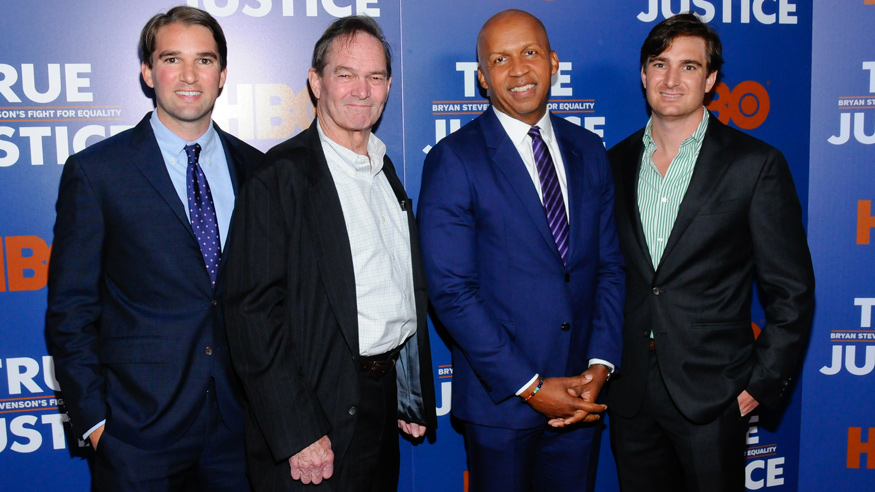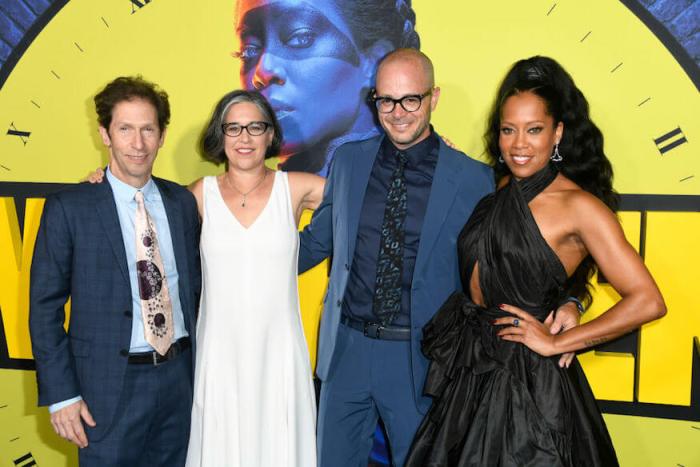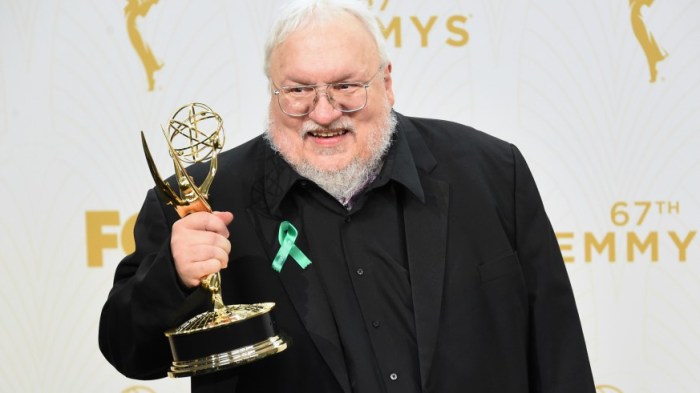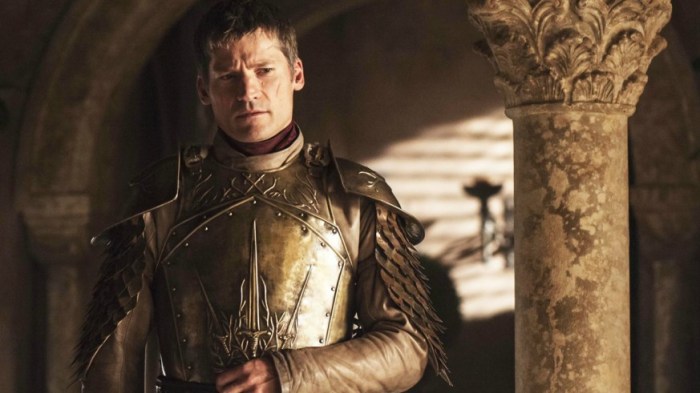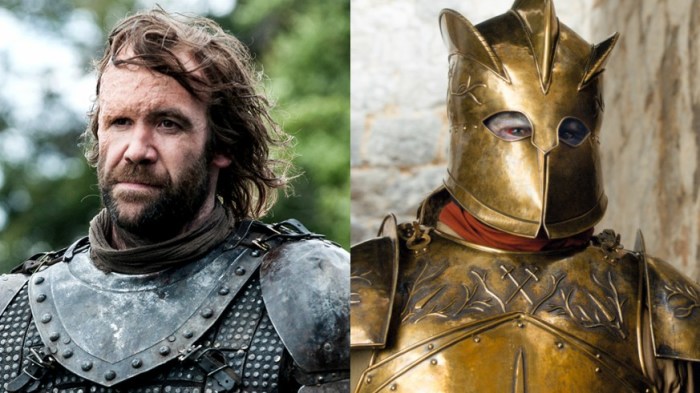Emmy award-winning documentary film-makers Peter, George and Teddy Kunhardt are known for taking sensitive subject matter to the next level by bringing the truth to light. The truth is a tricky subject often hard to hear, but the Kunhardts are warriors of educating and informing the world on earnest messages that need to be heard. That rings eerily true with their latest documentary, “True Justice: Bryan Stevenson’s Fight For Equality” (premiering June 26). The new HBO film highlights Stevenson’s endless fight to advocate for the poor, the incarcerated and the condemned through an unjust and morally corrupt justice system.
The Kunhardts sat down with Metro to discuss their latest film, delve into why Stevenson’s story is so compelling and highlight why we all must learn the truth about our country’s history before it repeats itself.
When did you first hear about Bryan Stevenson and what motivated you to make this documentary centered around his work?
GK: The three us watched Bryan’s Ted Talk back in 2012, and once we watched that and saw his charisma and his energy and his message— we knew that he would be an amazing person to do a film on and spend a couple of years working with. It took a long time to get him to approve the project and to get him to come with us. In 2016, our brother who is the Executive Director of the Gordon Parks Foundation honored Bryan with a prestigious award there, and that’s where we got to meet him for the first time. From then on, we just kept asking him to do a project, and he saw our “King in the Wilderness” film and loved it— so everything just fell into place.
TK: I would add that when we heard him speak for the first time in real life— there’s a true magic to him and we all simultaneously turned to each other and we just said we need to get this guy to tell his story. We’ve become very careful about who we do a film on, we know we have to live with these subjects for a year and a half. So we’re very careful that we are picking someone we respect and admire and who can fall under the banner of moral leadership.
PK: Moral leadership is kind of a trait that makes for good storytelling and [resonates with] audiences. That was certainly a criterion that Bryan met.
While working on the film and knowing the unjust nature of our justice system, was there anything that truly shocked you?
TK: You know we were very privileged to have had an amazing education growing up— but never during the course of my history classes did I learn about convict leasing. Bryan’s narrative of the North won the Civil War, but the South won the narrative meaning slavery didn’t end, it just evolved. That to me was jaw-dropping that we weren’t taught that in school.
PK: Bryan is well known for his work with getting people off death row who are wrongly convicted or badly convicted. That’s a good portion of the film, but the other portion of the film is his insight into the country’s history and how slavery didn’t just end, it evolved and transformed into other forms. It exists today in the racial undertones. Bryan is also working on trying to realize why we still are where we are in the race situation. On the other end, if you don’t have the resources to defend yourself, the system is loaded against you.
GK: One of the lines Bryan says is it’s easier to be rich and guilty than poor and innocent. That’s as evident as possible with what Bryan talks about and with what we see in the film.
What steps do you think need to be taken to help change the system?
PK: I think education is the first step. Messages like Bryan Stevenson’s message and truth-telling about what really is going on in this country just hasn’t taken place yet. Truth-telling is something the next generations have got to not only hear about, but grow up believing it. It all begins with the truth, this is all just the very beginning.
TK: And being willing to go and listen to the truth. Bryan talks a bit about the Holocaust and how it’s a part of Germany’s history, you can’t go ten feet without seeing a marker— it’s part of their culture.
What do you hope audiences will take away from “True Justice: Bryan Stevenson’s Fight For Equality”
GK: I hope people watch the film, have conversations with their friends and family, and hopefully make the trek down to Alabama to see the museum and the lynching memorial because there is a whole different life about it when you’re physically there.
TK: This is just getting the conversation started. Ava [Duvernay] did it with the “13th” and Kenny Turan just did an LA Times review and he said that this is the next chapter of that film. We have to keep the conversation alive and teach the next generation this brutal history so it doesn’t repeat itself and so we can start to repair the damage that was done.
“True Justice: Bryan Stevenson’s Fight for Equality” premieres on HBO on June 26. The Jacob Burns Film Center in Pleasantville, NY held a Q&A for “True Justice” ahead of its premiere this week. To learn more about the Film Center visit burnsfilmcenter.org

